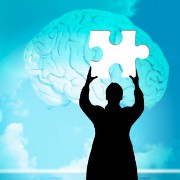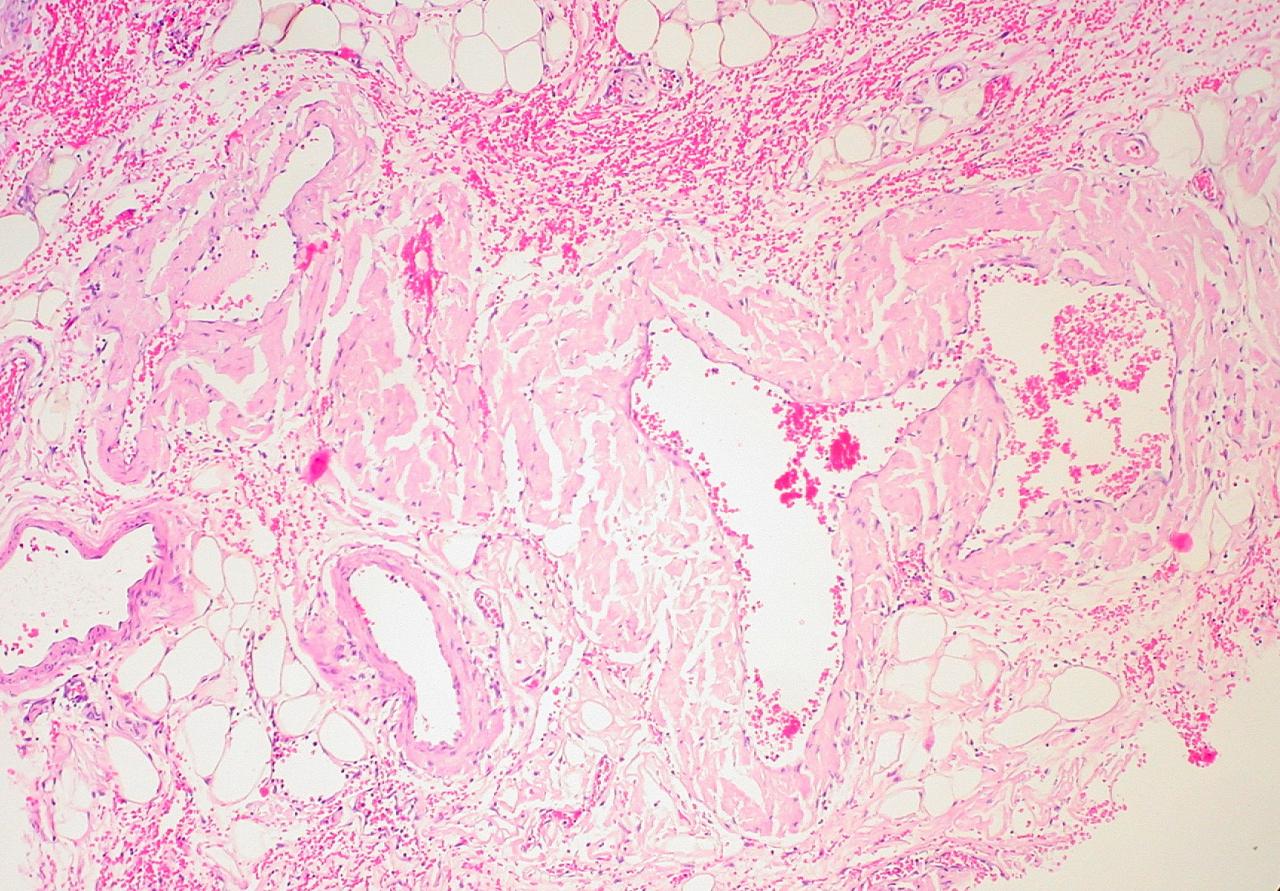 Photo: Getty Images
Photo: Getty Images
When a loved one suffers from dementia, it can be difficulty to watch her lose certain physical and cognitive abilities. Dementia refers to a group of symptoms that result from neurological damage, in which, for the majority of cases, the damage is nonreversible.
As a person ages, the risk for dementia increases. While the prevalence is between 5 and 8 percent in people who are over age 65, that percentage jumps to nearly 50 percent at age 85 and older, noted the Cleveland Clinic.
Many of the common types of dementia, such as Alzheimer’s disease, vascular dementia and Lewy body dementia, are progressive dementias, meaning the symptoms get worse over time, with patients losing more abilities. For example, symptoms of dementia in the most severe stage include not being able to perform activities needed for everyday living, such as bathing oneself.
Mild Cognitive Impairment
The first stage of dementia is really not dementia. Rather, mild cognitive impairment is between what are normal memory problems due to aging and the full onset of dementia. A patient with mild cognitive impairment may take longer than she used to when working on more difficult activities using mental capabilities.
She may have trouble when problem solving or when she needs to do multiple tasks at once. Memory problems may occur, such as issues remembering conversations or events that recently occurred.
But these issues with memory and thinking do not impair everyday tasks as full dementia does. While people with mild cognitive impairment can develop dementia, MedlinePlus noted that some people do not get dementia later.
Early Stage Dementia
Better Health Channel from the State Government of Victoria pointed out that the early stage of dementia may be missed at first. The symptoms may be attributed to the person getting older or being overworked.
The symptoms of dementia during this stage include several cognitive domains: language, memory, learning and thinking. For example, a patient may have trouble finding the name for an object that she knows, gets lost driving on a well-known route, or misplacing items.
While a patient with mild cognitive impairment may take longer to perform a task, a patient with early stage dementia can have difficulty completing it. Examples include balancing a checkbook or playing a game.
Changes in personality and mood may occur during early stage dementia. For example, the patient may lose interest in activities she used to enjoy. Other symptoms include a flat mood and a loss of social skills.
Moderate Stage Dementia
As the dementia progresses to moderate stage, the symptoms become more noticeable. With memory, the patient may have trouble remembering not only new information, but past information, which can include details of her life.
Language problems become more significant, impairing reading, writing, speaking and word pronunciation. Better Health Channel stated that a patient may confuse family members or forget names. The patient may have difficulty now performing basic tasks, like preparing meals for herself.
Sleep can also become affected, with the patient waking up at night. Judgment problems, such as not being able to recognize danger, may occur. A patient with moderate stage dementia may also have significant behavioral changes, such as withdrawing from social contact, agitation, depression and violent behavior. MedlinePlus noted that some patients may have hallucinations or delusions.
Severe Stage Dementia
The last stage of dementia, severe dementia, is devastating for the patient and her family. The patient cannot recognize her family, understand language, or care for herself. She will need total care, as she may be confined to a wheelchair or have uncontrolled movements, incontinence or trouble remembering if she ate. Behaviorally, the patient may be aggressive. Better Health Channel noted in the final weeks or months of the disease, the patient will be bedridden.
References
Cleveland Clinic. Types of Dementia. Web. 5 September 2011
http://my.clevelandclinic.org/disorders/Dementia/hic_Types_of_Dementia.aspx
MedlinePlus. Dementia. Web. 5 September 2011
http://www.nlm.nih.gov/medlineplus/ency/article/000739.htm
Better Health Channel. Dementia – Through All Its Stages. Web. 5 September 2011
http://www.betterhealth.vic.gov.au/bhcv2/bhcarticles.nsf/pages/Dementia_through_all_its_stages?OpenDocument
Reviewed September 6, 2011
by Michele Blacksberg R.N.
Edited by Jody Smith






Add a CommentComments
There are no comments yet. Be the first one and get the conversation started!